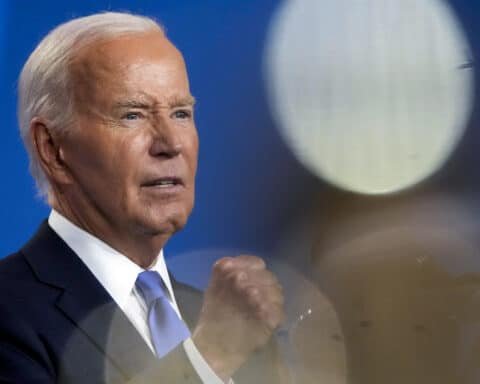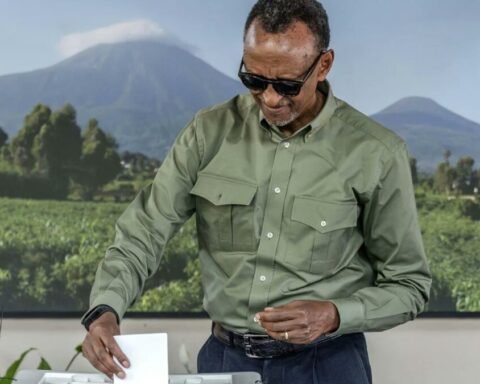In a surprising turn of events, the Citizens Coalition for Change (CCC) is grappling with internal divisions following the resignation of its leader, Nelson Chamisa. The party now finds itself at a crossroads as two rival factions emerge, each charting a different course for the party’s future.
The first faction, aligned with Chamisa, has declared its intention to engage with the former leader and establish an interim committee to guide the party through this tumultuous period. The group, known as the Citizens National Assembly (CNA), expressed its unwavering commitment to defending the party and the people’s struggle against the ruling ZANU-PF and its allies.
During a press conference, Promise Mkwananzi, the party’s national spokesperson, reaffirmed their dedication to resisting any attempts to hand over the party to ZANU PF proxies. Mkwananzi outlined the challenges the party faces, including court cases, recalls, political arrests, and economic difficulties. The CNA aims to engage with Chamisa and the public to determine the direction the party and the country should take during this transitional period.
The CNA has appointed Senator Jameson Timba as the chairperson of an administrative committee, demonstrating their support for Chamisa, who resigned on January 24, 2024, citing the infiltration and hijacking of the party by ZANU PF and its allies within CCC.
On the other side of the divide, a faction led by the disputed interim secretary-general Sengezo Tshabangu has unveiled plans for an interim steering committee. This committee is tasked with organizing a congress to elect new party leadership in the near future. The committee dismissed a proposal by the MDC Alliance National Standing Committee to revert to the party’s 2019 structures, citing a Supreme Court ruling in 2020 that declared Nelson Chamisa as not the legitimate leader of the MDC-T.
The committee, which includes prominent figures like Dingilizwe Tshuma, Albert Mhlanga, and Khaliphani Phugeni, emphasized that the structures that emerged from the MDC Alliance Congress of 2019 were nullified by the Supreme Court decision and cannot be imposed on CCC. They cautioned against revisiting past conflicts and rejected any association with Douglas Mwonzora, the leader of the MDC-T.
Amidst these internal divisions, some Members of Parliament have resigned, expressing concerns about the perceived influence of the ruling party within CCC. These members pledge their loyalty to Chamisa, who is allegedly contemplating the launch of a new political movement.
As the CCC navigates these turbulent waters, the party’s future remains uncertain, with both factions vying for control and ideological clarity. The coming weeks will likely prove pivotal in determining the direction of one of Zimbabwe’s prominent political forces.








